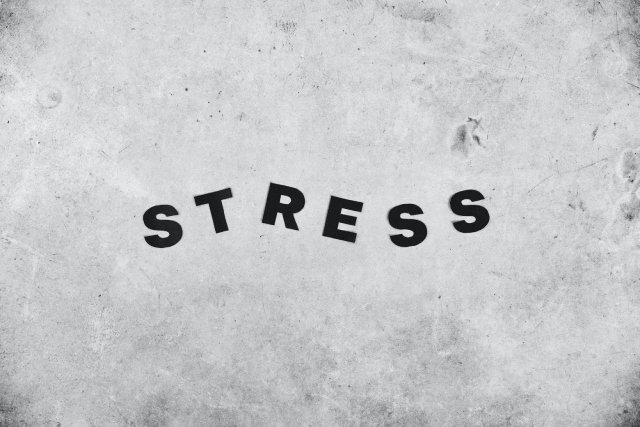Stress is a common problem today. Put simply, stress is an emotional and physical response to problems or pressure. It can be work-related, live-related, or health-related.
Occasional stress isn’t usually a serious problem. But, if it is ongoing, then stress can cause emotional and mental problems, raise blood pressure (which increases the chance of a stroke or heart attack), and disrupt sleeping patterns.
Headaches and upset stomachs result from stress, too. Stress can also prompt people to smoke more cigarettes or drink greater amounts of alcohol to relax. This lays the groundwork for lung cancer, cirrhosis, and lots of other ailments.
All About Tinnitus: Is It Stress-Related?
Tinnitus is a separate condition where phantom sound is heard in one or both of your ears. Typical sounds are ringing, buzzing, whistling, or even irregular sounds that resemble an out of focus radio broadcast. Sometimes, tinnitus is just a gentle hum. In other people, or in the same people on different occasions, it can be a loud, almost deafening roar.
Tinnitus can be continual, or it may come and go. A typical long-term case fluctuates over time, often in the same day.
Tinnitus can be caused a number of ways. While it remains a fairly misunderstood problem, there are thought to be occasional links between tinnitus and stress.
Tinnitus and stress do not always go together. In some people, tinnitus occurs for no apparent reason. It comes and goes for its own reasons.
Tinnitus is frequently rooted in damage to the ear, caused by anything from untreated childhood ear infections to repeated unprotected exposure to loud sounds. Jackhammers, firearm discharges, explosives, and even overwhelmingly loud music can all lead to tinnitus.
Diseases and malformations can also prompt the “song” of tinnitus. If this condition develops, you should see a doctor to ensure that there is no hidden, dangerous cause lurking somewhere in your body.
Rarely, a benign tumor called the vestibular schwannoma grows on the aural nerve and causes single-ear tinnitus. Neck tumors can also change blood flow and cause the characteristic ringing sound.
Are Your Stress Headache Pills Causing Tinnitus?
Tinnitus stress can also result from medications. Most famously, it can come from aspirin, which causes ringing in the ears when taken in large doses.
Diuretics, cancer medications, and a range of antibiotics are all known to produce tinnitus sometimes, too. Those who start experiencing tinnitus after starting a new medication should tell their doctor, as an alternate treatment might be available.
However, there is also a strong link between tinnitus and stress in many cases. Research has not absolutely proven it, but there are clear signs that some tinnitus is probably caused exclusively by stress.
Tinnitus stress linkage extends to the existing phantom sounds being made stronger or more frequent, even if the ringing or whistling sounds are ultimately caused by something else.
If tinnitus has no other apparent cause, try relaxation or meditation techniques. Take up a hobby. Work out.
All of these have the potential to reduce or even banish the problem. Even if there is another cause, reducing stress is still an excellent way to cut back on the symptoms’ severity and the length of time they continue to annoy you – and helps to support your general health, too.

